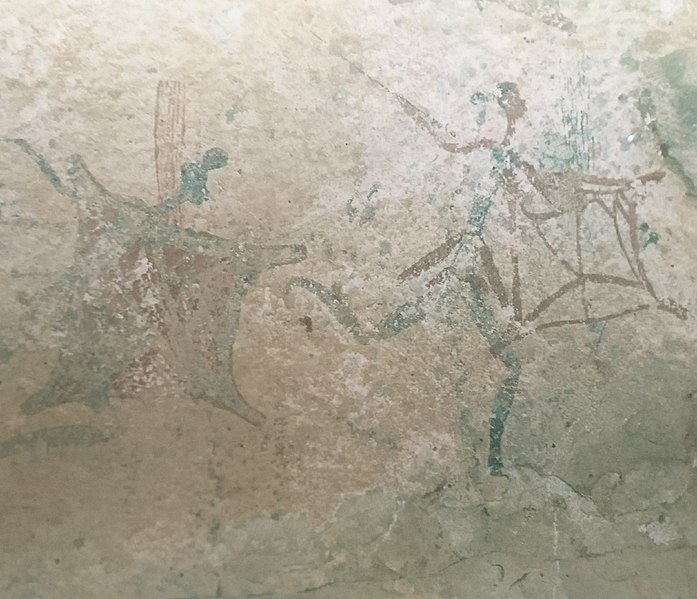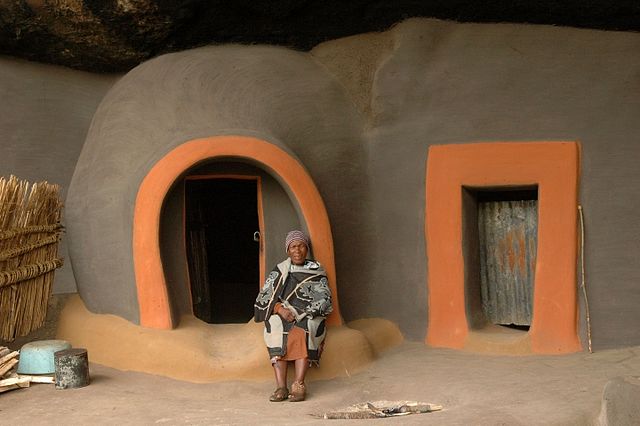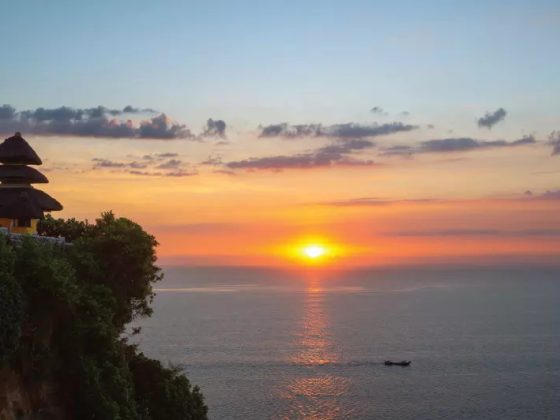Lesotho, often referred to as the “Kingdom in the Sky,” boasts a rich tapestry of cultural heritage and traditions, making it a unique destination for travellers. Nestled in the Southern African highlands, this landlocked country is known for its stunning landscapes and vibrant communities. Cultural places in Lesotho, such as the historic capital of Maseru, the traditional Basotho villages, and the awe-inspiring Thaba Bosiu, offer visitors a glimpse into the country’s rich history and customs.
Ancient Rock Art
Lesotho’s highlands are home to atmospheric rock overhangs that preserve the kingdom’s ancient cultural heritage. These basalt-capped shelters once provided refuge to San (Bushman) hunter-gatherers, who adorned the sandstone walls with rock paintings depicting their shamanic trance rituals. Dating mostly between 200 and 1,000 years old, these polychrome artworks were created using natural pigments like ochre, clay, charcoal, and manganese oxide, featuring intricate panels with portraits of humans, therianthropes, and wildlife, particularly eland.

Rock Art Sites
Some of Southern Africa’s finest rock art can be found in the remote caves of Tsatsane Valley and Sehlabathebe National Park. More accessible sites near Maseru include Ha Baroana and Liphofung, which showcase impressive rock paintings. Additionally, visitors can explore rock art within walking distance from Malealea Lodge, highlighting the region’s rich artistic heritage. Consider visiting these places from the best hotels in Lesotho, including but not limited to the Avani Lesotho Hotel & Casino.
Cave Dwelling Culture
The caves of Lesotho’s highlands have historically provided shelter to Basotho shepherds and their livestock during cold winter nights. This cave-dwelling tradition continues at Ha Kome, where a deep overhang accommodates a cluster of adobe houses. The curvaceous exteriors of these structures evoke the adobe architecture found in Mali’s Bandiagara Escarpment, reflecting a unique blend of cultural influences.
Thaba Bosiu and Morija
Thaba Bosiu, a tall sandstone plateau, served as the residence and military stronghold of King Moshoeshoe I from 1824 until his death in 1870. Revered by the Basotho, the summit hosts the cemetery for Moshoeshoe and all subsequent Sotho monarchs. Nearby, the historic town of Morija houses Lesotho’s most important museum and archive, established in 1956, featuring collections from the late 19th century.











